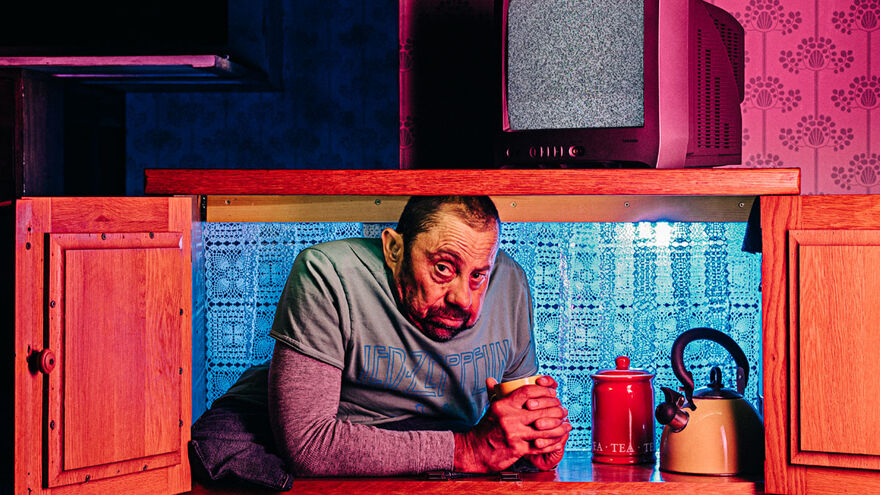
Festival Hot Seat: The Enormous Room
In an epic new production from Stopgap Dance Company - part of the Festival's caravan biennial showcase - we follow a father and daughter gradually coming to terms with the loss of their wife and mother. In this Festival Hot Seat, Stopgap's Artistic Director Lucy Bennett talks to us about her inspiration behind the piece.
Firstly, can you introduce your show and tell us what it is about?
The Enormous Room is a dance theatre show that explores a father-and-daughter relationship. They have recently lost their wife/mother and the audience gaze into how they are each going through the grieving process differently.
How and where will the work be staged?
A conventional black box theatre at The Old Market
Why should someone come and see your show?
Because it’s a beautiful and evocative piece of dance theatre. By exploring something personal like grief, everyone invested something genuine in the creative process, and this shared ownership of the work is what makes it so moving. The Enormous Room has been described as an absorbing encounter with grief and loss that comforts and provokes long after the piece has ended.
Where did the idea and inspiration come from?
The idea first emerged when I was listening to Hofesh Shechter talking with William Forsythe as part of The Brighton Festival in 2014. As a young choreographer Forsythe had some invaluable advice from his ballet teacher. When struggling to make a piece of work his teacher said: ‘Close your eyes, imagine the piece that you want to watch and make that one’.
At that moment I did just that. I saw a small room full of clutter and dark furniture set within a big space. I saw characters appearing and disappearing through drawers and cupboards, the dancers were restricted and their limbs and faces told the story.
From there the idea meandered for two years while I explored forms and narratives. I was interested in using text for this show and one of our dancers David Toole and I had already spoken about exploring this. I became interested in him playing a character who was unable to let go of the past.
Why do you think it’s an important story to tell?
Grief touches us all, and by seeing how people react to it in different ways, it might console or support when you are faced with it eventually. In the creation process, we had diverse contributors from different cultural and socio-economic backgrounds, as well as age and disability, and the breadth of perspectives have enriched and deepened how our characters each experience and deal with it. Grief makes your mood fluctuate wildly, and it was good to get perspectives of different people to explore it in the creation process.
Head to our event page to find out more about ticket availability.
